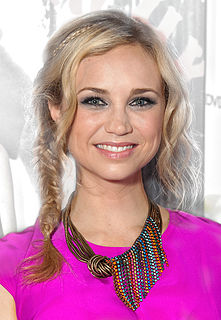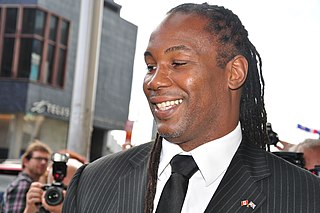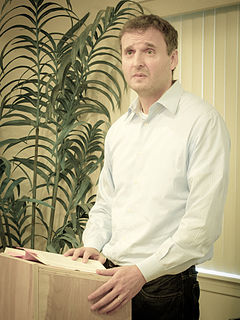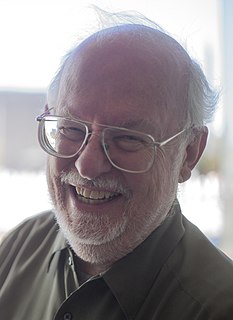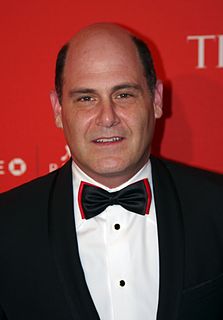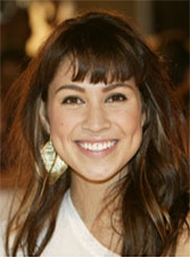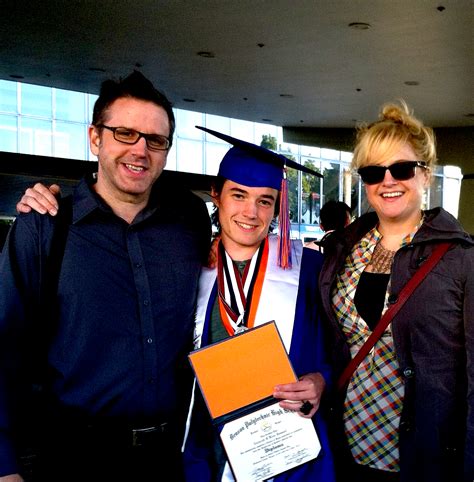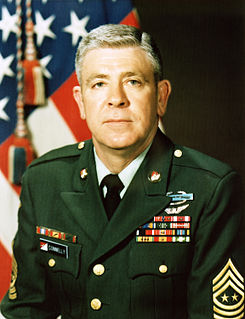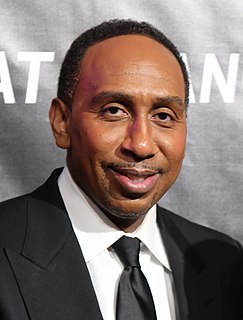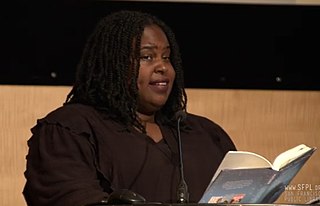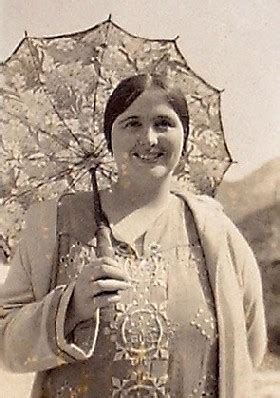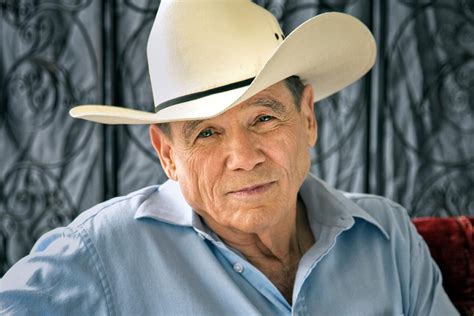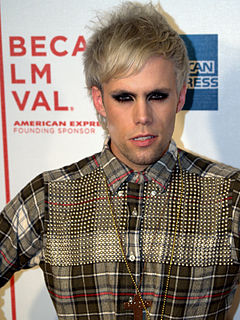Top 1200 Professional Writer Quotes & Sayings - Page 15
Explore popular Professional Writer quotes.
Last updated on December 19, 2024.
The war between the artist and writer and government or orthodoxy is one of the tragedies of humankind. One chief enemy is stupidity and failure to understand anything about the creative mind. For a bureaucratic politician to presume to tell any artist or writer how to get his mind functioning is the ultimate in asininity.
I'm a fantasy writer, called a fantasy writer. But there's very little, apart from one or two basic concepts in 'I Shall Wear Midnight,' which are in fact fantasy. You have sticks that fly, but they're practical broomsticks, with a bloody great strap that you can hold on to so you don't fall off. And you try not to use them too often.
Patience is a part of boxing. After I had missed out on the Olympic gold medal in 1984, a lot of people tried to talk me into turning professional quickly to make money. They told me that the next Olympics in Seoul would be boycotted again, that I was wasting my life, blah blah. But I still had unfinished business. I wanted the gold medal, and I got it in ?88. Only then was I ready to turn professional.
The writer trusts nothing she writes-it should be too reckless and alive for that, it should be beautiful and menacing and slightly out of control. . . . Good writing . . . explodes in the reader's face. Whenever the writer writes, it's always three or four or five o'clock in the morning in her head.
If you're in the writer's room, in any writer's room in the world, before you pitch a joke or suggest an idea, you first think it's funny and decide to say it out loud. The next step is for the people around you to accept it or reject it, before it ever sees the light of day, on film or in front of an audience.
Ray Bradbury is, for many reasons, the most influential writer in my life. Throughout our long friendship, Ray supplied not only his terrific stories but a grand model of what a writer could be, should be, and yet rarely is: brilliant and charming and accessible, willing to tolerate and to teach, happy to inspire but also to be inspired.
One of the things when you're drawing a comic book is that you're spending four or five times as long to draw it as the writer takes to write it. In my career I've had to spend a week drawing something that a writer has thrown out in an hour. And there's nothing worse than having to work on something that no previous thought has gone into.
It's great to be excited by your profession, whether you are a doctor or a writer. I started writing books when I was in medical school and, by the time I graduated, I realized that writing was more exciting to me than being a doctor. And if I tried to be a doctor and a writer, then both would suffer.
If I've got Writer's Block it generally means that I don't have that much to say or something's not quite connecting. I have had Writer's Block a bunch of times and it's generally because I'm not able to write down what I'm feeling basically. Mostly, I just need to be alone really, or be with someone who can bring that out of me.
Professional courage is the steel fiber that makes an NCO unafraid and willing to tell it like it is. The concept of professional courage does not always mean being as tough as nails, either. It also suggests a willingness to listen to the soldiers' problems, to go to bat for them in a tough situation and it means knowing just how far they can go. It also means being willing to tell the boss when he is wrong.
The fiction writer has a lot of balls to juggle. Setting, pacing, dialogue, and so on. And let's not forget: plot. That was always a hard one for me. And I always had this spastic tendency to wrap up a story before I'd seen it the whole way through, a sort of writer's pre-ejaculatory tendency: "The End!"
Certainly it is valuable to a trained writer to crash in an aircraft which burns. He learns several important things very quickly. Whether they will be of use to him is conditioned by survival. Survival, with honor, that outmoded and all-important word, is as difficult as ever and as all-important to a writer.
Confidentiality refers to the boundaries surrounding shared secrets and to the process of guarding these boundaries. While confidentiality protects much that is not in fact secret, personal secrets lie at its core. The innermost, the vulnerable, often the shameful: these aspects of self-disclosure help explain why one name for professional confidentiality has been "the professional secret." Such secrecy is sometimes mistakenly confused with privacy; yet it can concern many matters in no way private, but that someone wishes to keep from the knowledge of third parties.
There is and always has been for me a peculiar need to write. This is very different from wanting to be a writer. To be a writer always seemed something so far removed from my talents and abilities and imaginings that it didn't afflict me at all as a notion when I was young. But I was always conscious that I wanted to write.
Six years after I wrote the first draft of 'Plan B,' I received my first paycheck as a writer. It included both the $3,000 in deferred option money as well as half the fee for performing the initial rewrite. The amount was scale according to the Writer's Guild guidelines, but a lot, according to me.
The fact is that I write under duress, often in my bed, often at the last minute. I'm kind of a binge writer I would say, which I don't support. I was always kind of that way. Probably the time I was the most regular as a writer was college. It was like, what else is there to do when you're living in the Midwest studying creative writing?
Unless a writer is extremely old when he dies, in which case he has probably become a neglected institution, his death must always be seen as untimely. This is because a real writer is always shifting and changing and searching. The world has many labels for him, of which the most treacherous is the label of Success.
Now, as a reader, you shouldn't feel the decisions the writer makes about this DNA, or it would be boring beyond belief. But, as a writer, you're struggling to make these decisions. What should the title be? What's the first line? The point of view? And the struggle with the decisions is because you're trying to figure out WHAT IS THE NOVEL, WHAT IS THE NOVEL?
If there is a magic in story writing, and I am convinced that there is, no one has ever been able to reduce it to a recipe that can be passed from one person to another. The formula seems to lie solely in the aching urge of the writer to convey something he feels important to the reader. If the writer has that urge, he may sometimes but by no means always find the way to do it.
There's this message to comedians in particular, that you shouldn't write it, and a television writer should write it. And that's a prevailing conventional wisdom that I think is really wrong. That's not to say that television writers aren't great, but I think that the belief that some comedy writer's going to be able to capture your voice is naive.
I always give my students exercises where they really have to open a vein and bleed all over the paper and that's the way you get the important characters. Sooner or later every writer worth reading writes a story his mother wouldn't read and having to get that stuff out is part of one's growth as a writer.
There were two writer's unions in those days[ during World War II ] , the studio-friendly guild called the Screen Playwrights, and the more activist Writer's Guild. The studios were fairly upset that their group wasn't effective, and they sought to punish the other union by labeling them as Communists.



